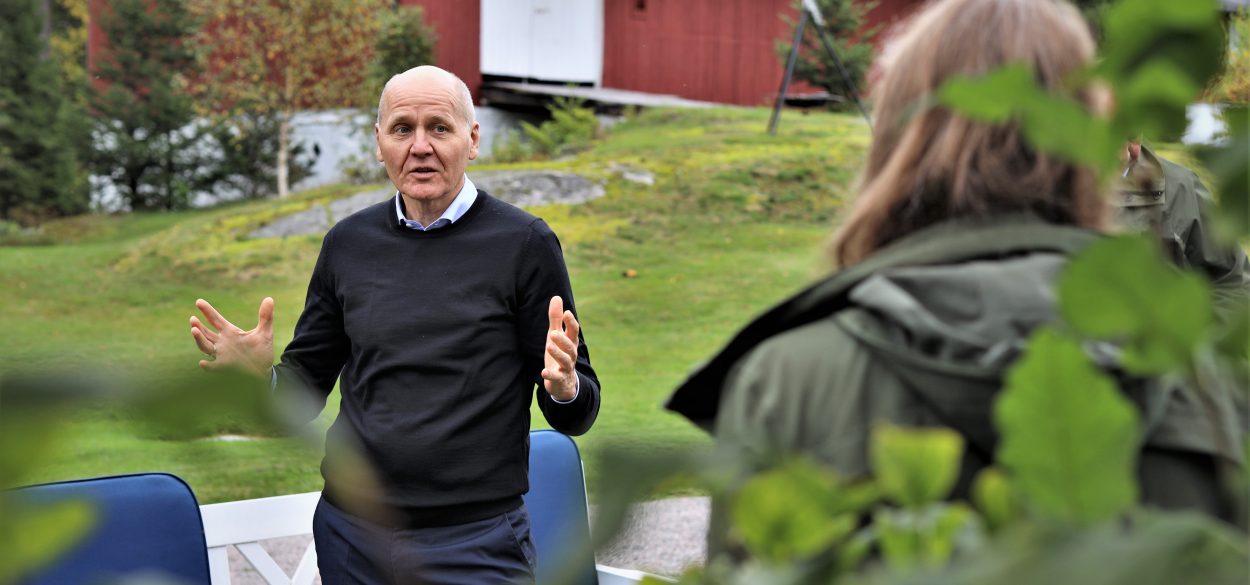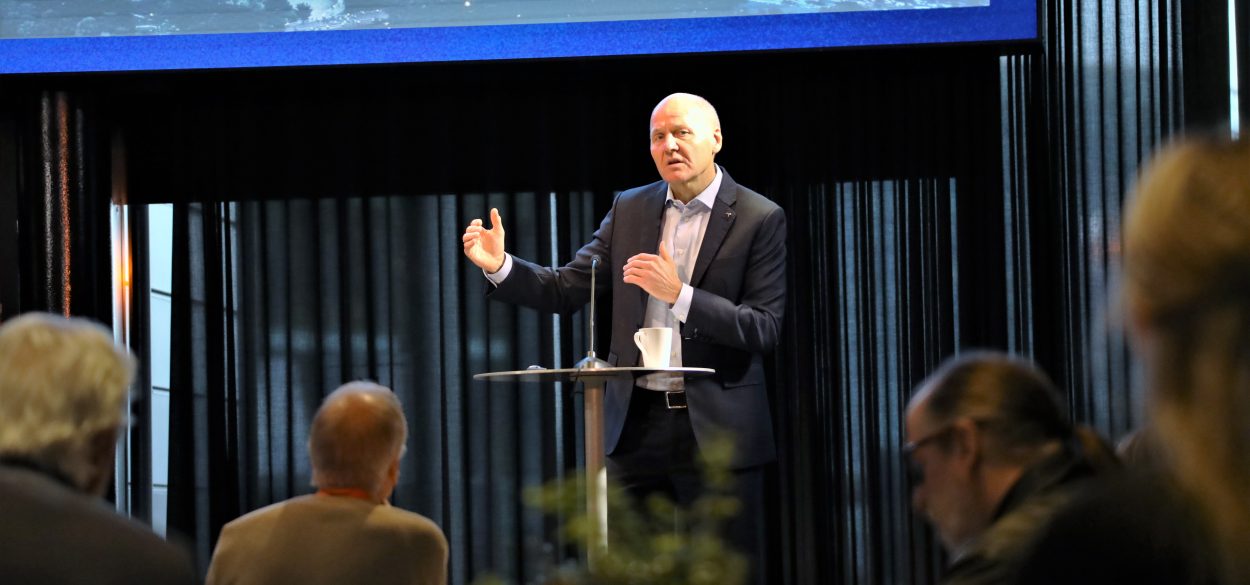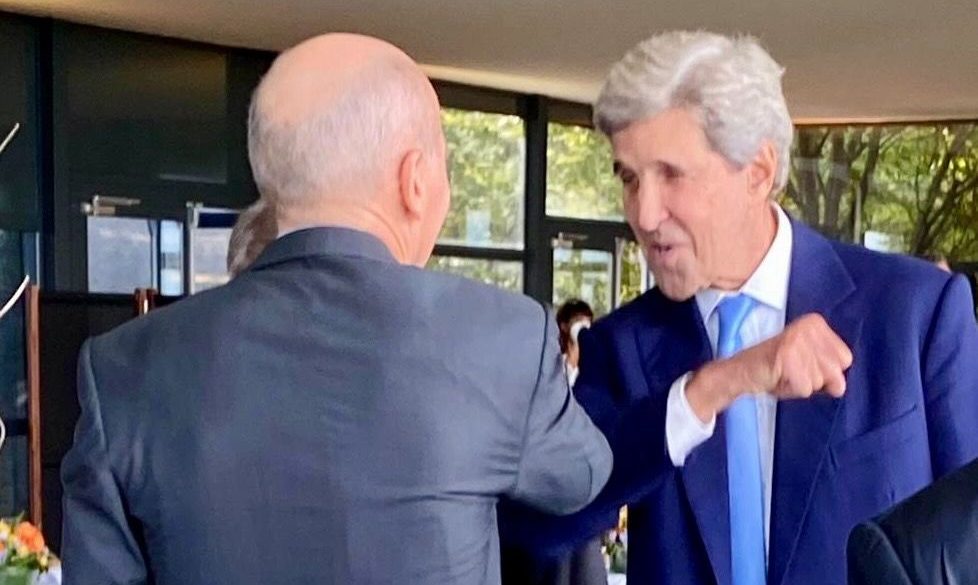Fighting for the green grid
Safeguard
Safeguarding planet, people and data in the digital world and beyond
Safeguard means that Telenor constantly raises the bar for the safety, security and privacy for our customers, partners and employees, as well as the health of our planet to drive positive, long-term change.

The discussion about solutions to the ongoing climate crisis continues in the wake of COP26. Telenor Group’s CEO Sigve Brekke believes a part of the answer can be found in greening the grid in developing countries – and he wants the entire mobile industry to take responsibility.
This year, Telenor Group has put forward ambitious climate ambitions. By 2030, operations in the Nordics shall be carbon neutral, while the aim is to reduce emissions by 50 percent in Asia compared to 2019. The biggest challenge is in the Asian markets, where the energy used is mainly from fossil fuels. The unreliability of the grid also necessitates diesel generators, and Telenor’s installment of solar panels does not fully compensate.
“If we are to cut our emissions in Asia, we need more renewable electricity in the grids, as these energy sources have significantly less greenhouse gas emissions than fossil-based energy. This leaves us with two options: We can either wait and hope for the best, or we can do something to speed up the transition. The latter is, in our view, the only viable choice, and that’s why we want the global telco community, together with other companies in the ICT industry, to pool together its demand for renewable electricity in the grids in developing countries,” says Brekke.

Met John Kerry
In late September, Brekke met John Kerry, the United States Special Presidential Envoy for Climate, together with other CEOs at the World Economic Forum (WEF) HQ in Geneva. Here, Brekke raised the question of greening the grid in developing countries, such as Telenor’s markets in Pakistan and Bangladesh.
“We discussed how we can work together to ensure more renewable energy in these countries. We are prepared to commit to long-term purchases from renewable electricity producers to make necessary investments attractive. However, Telenor can’t drive this change alone. To do this, the global telco community must be aligned. We also need the World Economic Forum to create a platform for businesses around the globe, across all sectors, to leverage their collective purchasing power to attract private investors to develop and scale renewable electricity production. This will also make developing countries less dependent on climate finance. In parallel, policy barriers must be removed at the national level to accelerate renewable energy grid deployment so that this becomes possible,” stresses Telenor Group’s CEO.

Working together to get this done
Brekke is clear that investments, political will, and regulation all need to work hand in hand to improve access to renewable energy from the grid.
“I understand the uncertainty many investors may have when thinking about investing in renewable energy in developing markets. Telenor Group has been operating and investing in these countries for 25 years, with unpredictable regulatory frameworks. But we have also experienced willingness from governments to learn and develop – if businesses are ready to commit,” he says, and underlines that investing in renewable electricity at scale is a crucial if we are to meet the ambitious climate targets set by companies and governments.
“This is particularly true for developing countries where energy consumption is increasing, and grids are often unreliable. But this requires that investments are made attractive and “bankable” as soon as possible.”
Such investments will also contribute in achieving the UN Sustainability Development Goal “Affordable and clean energy”.
The next steps
Brekke is now working together with mobile operator peers through the GSMA, the global organisation for mobile operators, and the wider ICT industry through World Economic Forum to push the initiative forward.
“The global mobile industry and its 5.2 billion customers can be a catalyst to trigger this change, especially if we join forces with other ICT companies. Other industries can then more easily follow once current regulatory and investment obstacles have been solved. From Telenor’s side, we are going to continue to raise this topic in international forums, as well as advocate for this in meetings with government leaders, particularly in our markets,” concludes Brekke.